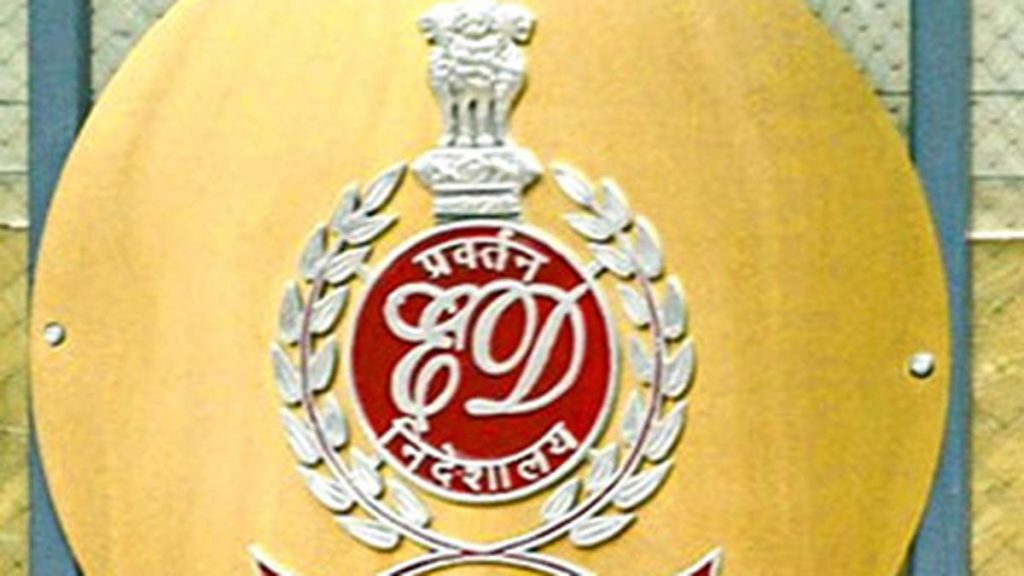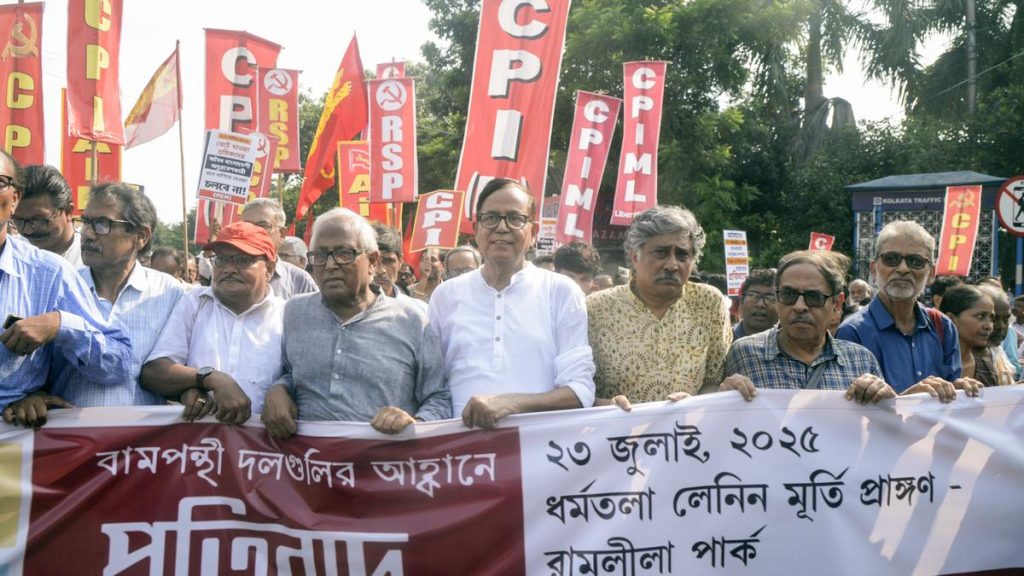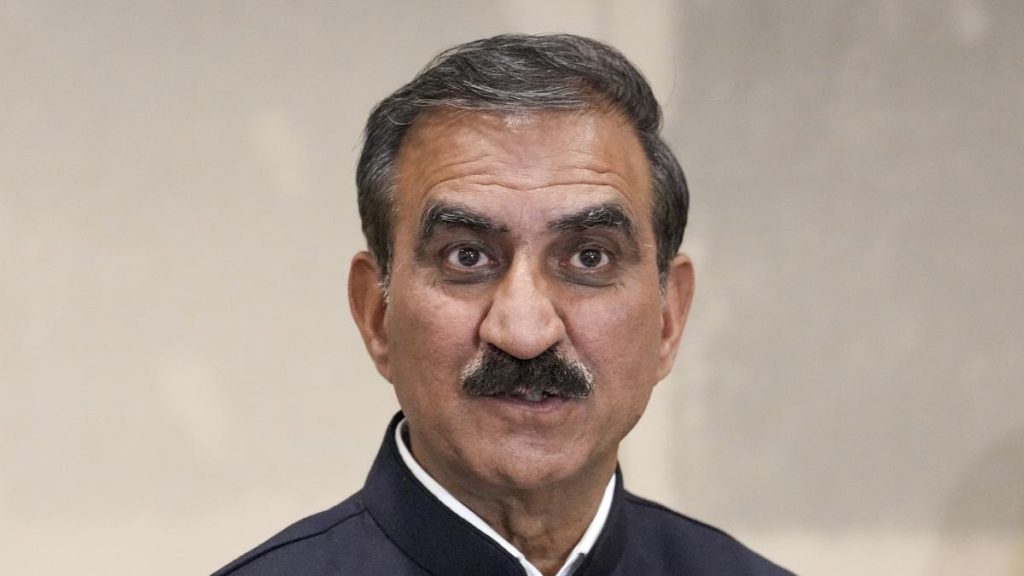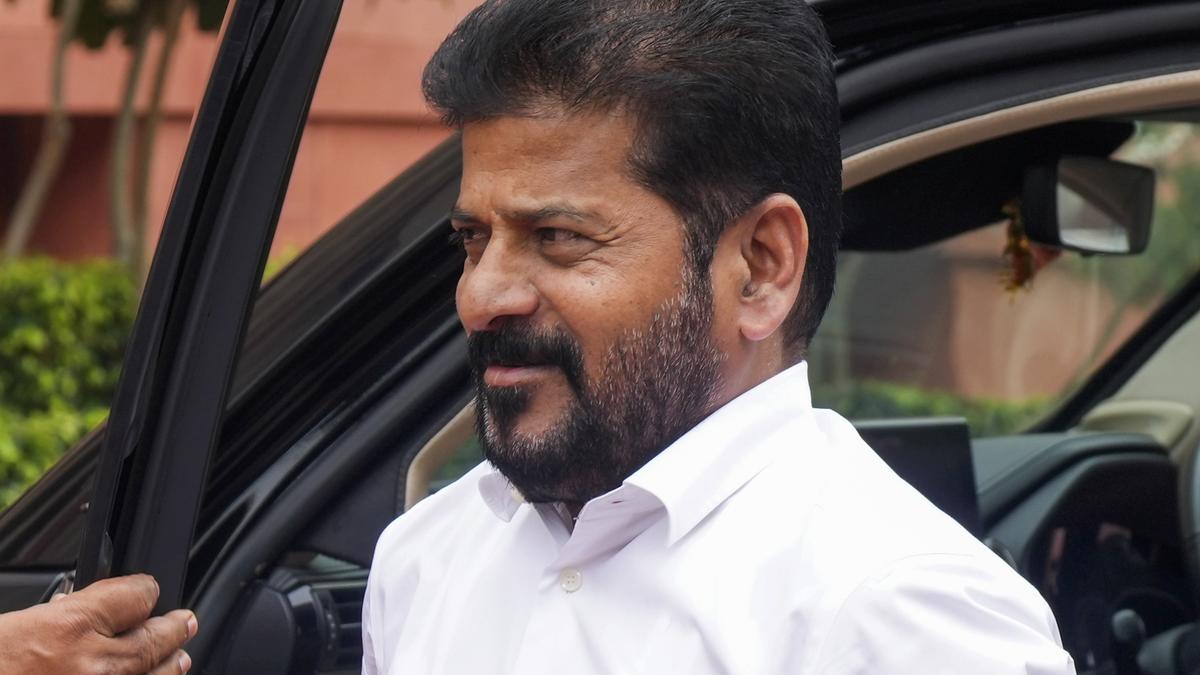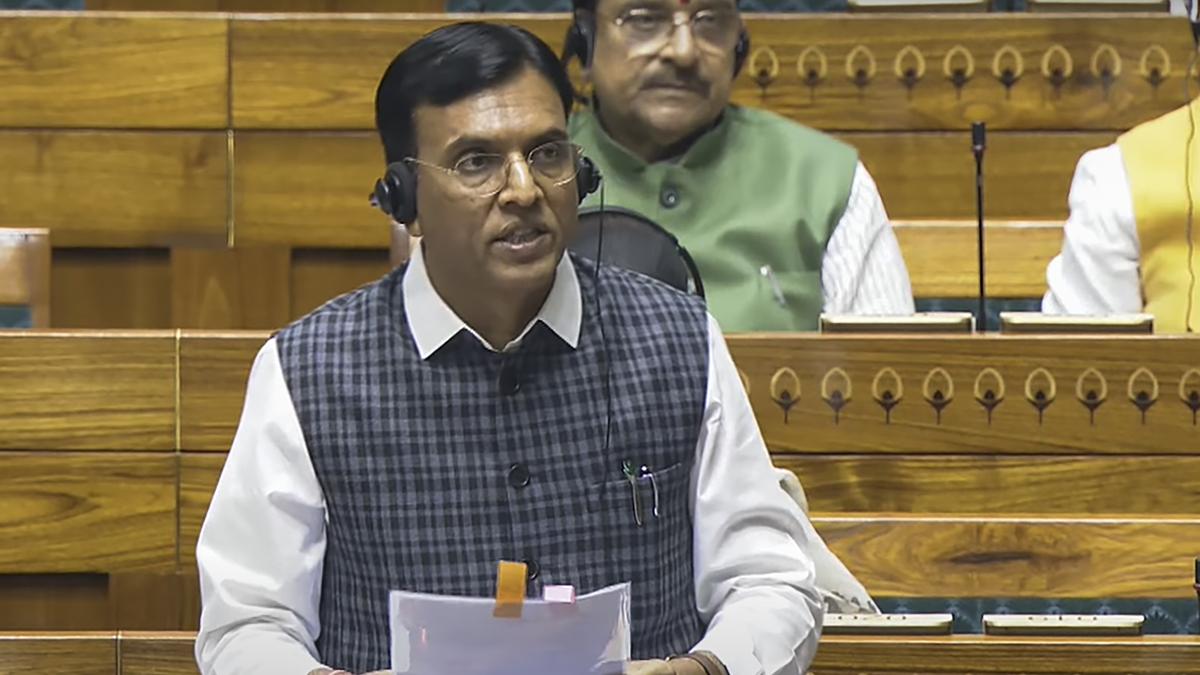Now Reading: Debate Sparks Over Vikas Barala’s Appointment as Assistant Advocate General
-
01
Debate Sparks Over Vikas Barala’s Appointment as Assistant Advocate General
Debate Sparks Over Vikas Barala’s Appointment as Assistant Advocate General

Quick Summary
- A controversy has emerged over the Haryana government’s appointment of Vikas Barala as Assistant Advocate General (AAG).
- Vikas Barala, son of BJP Rajya Sabha MP Subhash Barala, is currently out on bail in a 2017 case involving allegations of abduction, wrongful restraint, and stalking.
- The appointment was formalized via a government notification dated July 18.
- The Congress party criticized the move on social media platform X, alleging that individuals accused of crimes against women were being promoted by the BJP-led Haryana government.
- The 2017 incident involved Mr. Barala allegedly attempting to stop and follow a woman-a disc jockey and daughter of a senior IAS officer-on her way home from Chandigarh to panchkula. Public criticism had previously led police to escalate charges from bailable offenses to accusations under Sections 365 and 511 (attempted abduction) IPC.
- Despite eight years passing as the event, only prosecution witnesses have testified so far; defense witnesses and evidence presentation remain pending in court proceedings.
- Mr. Subhash Barala did not provide comment as he was reportedly attending parliamentary sessions.
Indian Opinion Analysis
The appointment of Vikas Barala as AAG raises questions about political optics versus legal propriety when dealing with public officials linked to unresolved criminal allegations. While his eligibility for office may technically adhere to legal standards due to lack of conviction thus far, the controversy underscores ongoing societal concerns regarding accountability for alleged wrongdoing-especially involving crimes against women.
This situation also highlights systemic delays within India’s judicial process since no resolution has been achieved after eight years in court proceedings. Without speculating on guilt or innocence, appointments made under such circumstances may erode public trust in governance institutions’ commitment toward fair representation and justice.
The timing underscores a broader issue about balancing meritocracy with perceptions surrounding ethical considerations during official state appointments.
Read more: Source Link


